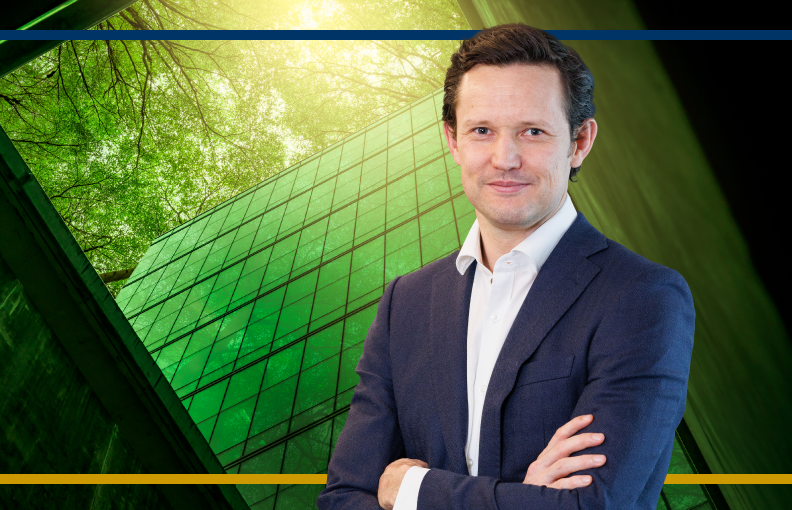Engineering Solutions for Corporate Sustainability

PREFACE – Tim EDMUNDS, a graduate of HKUST Business School’s MBA program (2015), discusses how he developed a successful career in consultancy and what it takes to future-proof business growth with better practices.
Tim Edmunds is on a mission to map out a unique perspective for corporate sustainability. Starting as an engineer in Australia, his career led him to the UK before arriving in Hong Kong to pursue an MBA degree at HKUST Business School. Sustainability wasn’t always Tim’s primary focus. However, exposure to modern slavery issues through his consultancy work triggered his interest in the impact of supply chain management across various sectors.
As Partner for Sustainable Strategy and Transformation at PwC in Hong Kong, Tim is passionate about changing supply chain practices for the consumer goods, high technology, and manufacturing sectors. With a sharp eye for problem-solving and critical thinking, his natural curiosity enabled him to shape a unique path in the field.
Planting Roots in Hong Kong
Problem-solving has always been a common thread throughout Tim’s career. “I enjoy solving problems. Dealing with the unknown stimulates my curiosity,” he says. Driven by a desire to tackle new challenges, Tim leveraged the MBA program’s flexibility to formulate his own study path. He took advantage of various courses, from machine learning to private equity, crisis management, consultation, operations, and more. “The School gives you a set formula for success. But you can also adapt and be flexible and expand your curiosity by following your own journey.”
Tim also finds Hong Kong’s community to be surprisingly rejuvenating and vibrant. Although overcoming language barriers can be challenging in Asia, he discovered that an open-minded approach paved the way to new opportunities. “My time at the School shifted my mindset. The alumni network in Hong Kong was particularly beneficial, giving me a strong support system and valuable opportunities after graduation.”
A Better Future for Corporates
Through his work, Tim has witnessed the evolution of sustainability from an ideological commitment to a critical factor in business strategy. “There’s a lot of confusion about its regulation right now. But the uncertainty is similar to how the accounting system differs between the UK and the US,” he observes. “Significant investment going into this area will provide more clarity and standardization.”
According to Tim, the era of neglecting environmental considerations and unethical practices is ending. More than just compliance, companies are using sustainability as a tool to create value and future-proof profits. He also recognizes China’s advanced consumer knowledge of this area, according to a recent PwC CEO survey. “Despite current economic constraints, the consumer shift towards better practices is still happening,” he notes. “Education will continue to play a crucial role, helping them align their choices with better practices.”
Flourishing in Green Practices
From engineering to consultancy, Tim’s experience is highlighted by his inquisitiveness and analytical abilities to adapt to emerging global challenges. As sustainability encompasses various topics, he acknowledges the value of diverse perspectives that mentorship provides to navigate the complexities of the field. “Mentorship starts as a one-way communication early on in your career. But as you gain more experience, approaching mentorship in reciprocity is a great way to develop strong relationships.”
While this field is still a nascent subject, Tim encourages a proactive and strategic approach to succeed in this line of work. “There’s more to sustainability than just saving the planet. Having critical thinking skills and a curious mindset are more important than technical knowledge as we’re solving problems that we’ve never solved before.”






